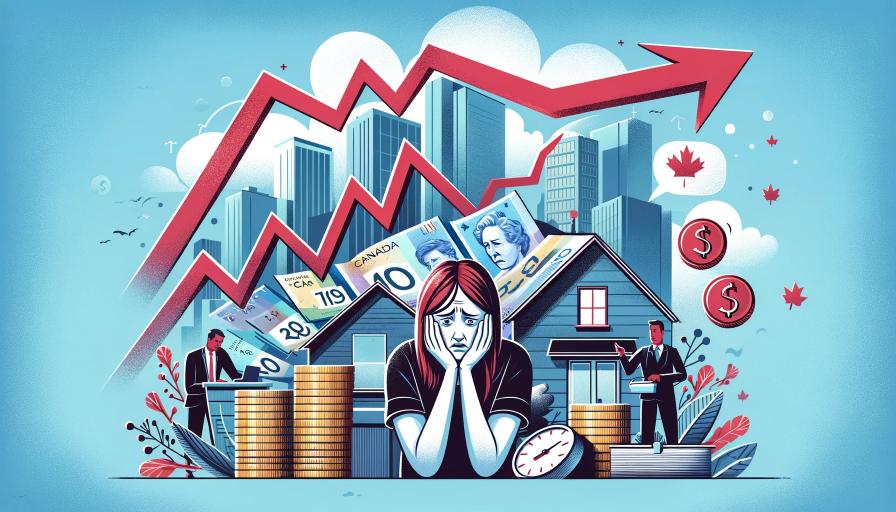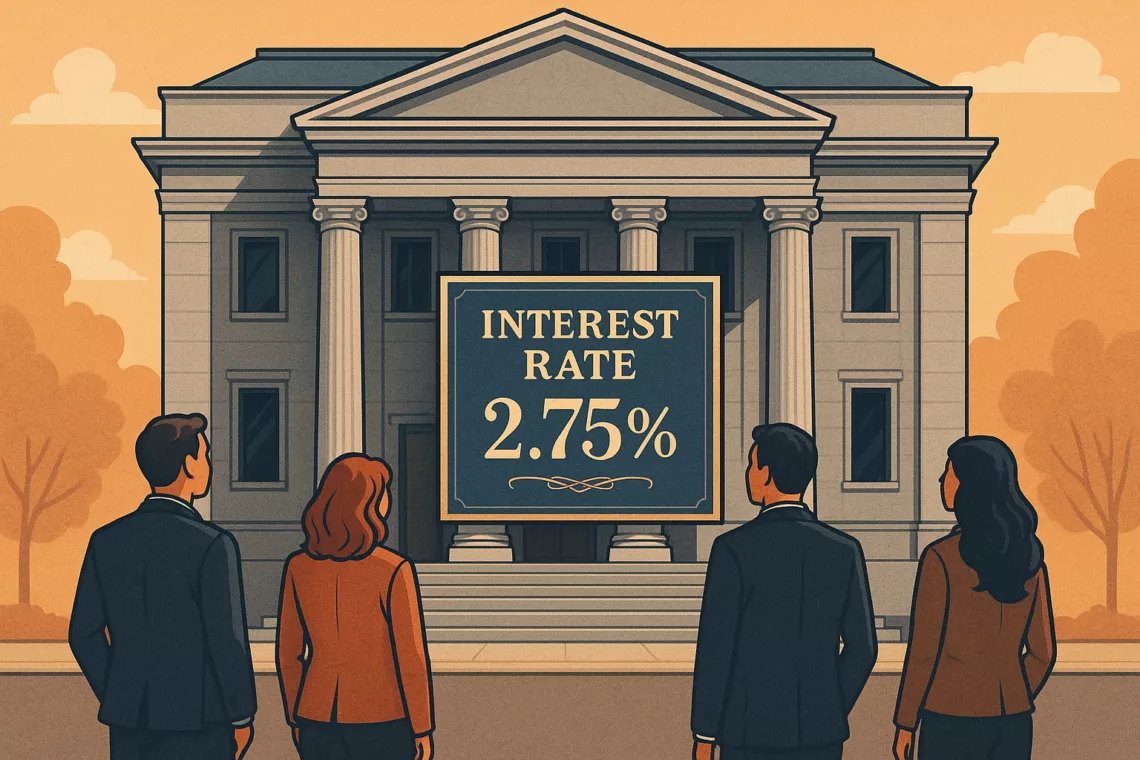
In today’s fluctuating economic environment, renters across Canada, particularly in the Greater Toronto Area (GTA), find themselves facing unique financial pressures. With interest rates on the rise, the economic divide between homeowners and renters is becoming more pronounced.
Why Renters are More Affected by High Interest Rates
The Impact of Interest Rates on Financial Stability
According to the latest Financial Stability Report by the Bank of Canada, while homeowners have been somewhat shielded by increased equity in their homes, renters do not share this buffer. Homeowners can sometimes leverage their home equity to alleviate financial pressures, a luxury not available to renters.
Diverging Paths: Renters vs. Homeowners
Renters are experiencing higher stress levels due to an increase in debt costs that significantly affect their everyday financial decisions. Unlike homeowners, who generally report stable arrears on loans, renters are seeing a rise in late payments on credit card and auto loan obligations. This trend suggests a growing financial instability among those who do not own property.
The Broader Economic Factors at Play
Inflation and Cost of Living
The overall cost of living has escalated, impacting renters significantly. Bank of Canada Governor Tiff Macklem pointed out that necessities such as groceries and gas comprise a larger portion of expenses for renters compared to homeowners. With the bulk of their income going towards these rising costs, renters find themselves in a precarious financial position.
Income Disparities
It’s also important to note that renters typically have lower incomes compared to homeowners. This disparity means that any increase in costs or debt payments hits them harder, limiting their ability to absorb financial shocks.
What the Future Holds: Interest Rates and Mortgage Renewals
Upcoming Challenges
The Bank of Canada has warned of more severe impacts on those renewing their mortgages in the near future. With expected increases in monthly payments, even homeowners might start to feel a pinch, though it’s predicted to be more severe for renters as they lack the financial leeway that comes from owning property.
Economic Outlook and Interest Rate Predictions
The central bank is hinting at a potential decrease in interest rates by mid-2026 to alleviate some pressure. This could be a crucial development for renters, potentially easing the burden of debts like auto loans and credit card payments.
Concluding Advice for Renters in the GTA
Navigating these tumultuous economic waters requires careful planning and proactive financial management. Here are a few strategies for renters in the GTA:
- Budget Wisely: Prioritize your spending with a focus on essential expenses.
- Seek Financial Advice: Consider consulting with a financial advisor to create a robust plan to handle debts.
- Stay Informed: Keep up-to-date with financial news and potential policy changes that could affect interest rates and rental costs.
In conclusion, while the challenges for renters in the GTA are real and pressing, staying informed and prepared can help mitigate the impacts of these economic fluctuations. As we look towards a potential easing of interest rates, there remains a glimmer of hope that financial pressures might lessen, allowing for a more stable economic footing for all.
Contact Us
Equip yourself with the knowledge to navigate the complexities of the 2024 real estate landscape confidently.



